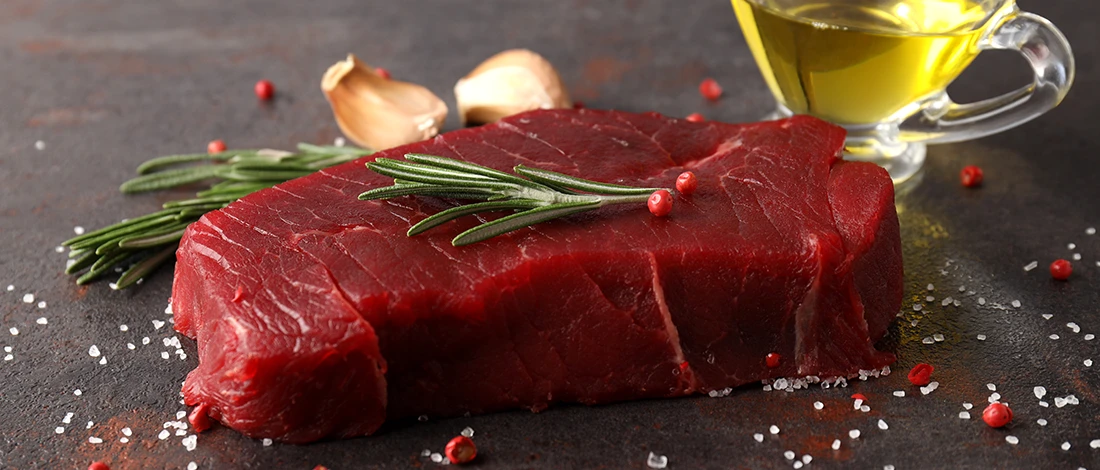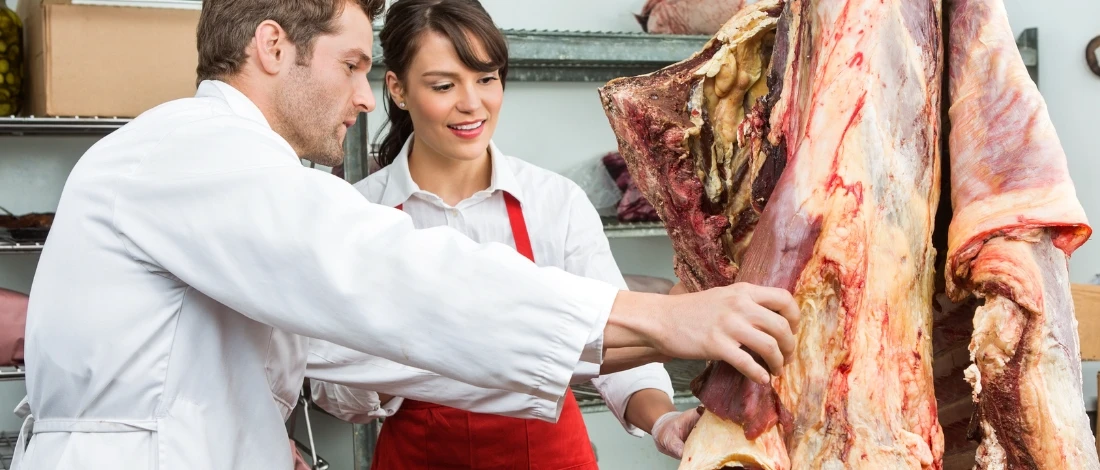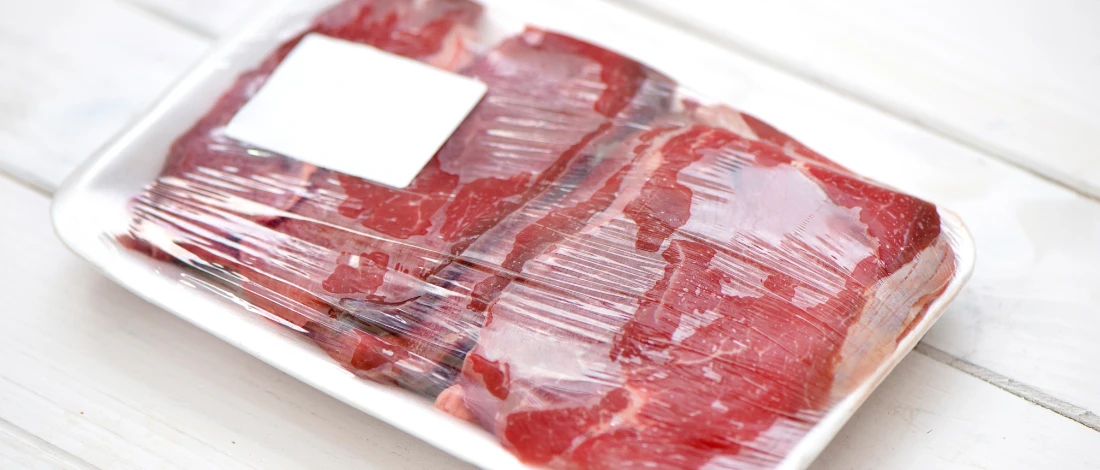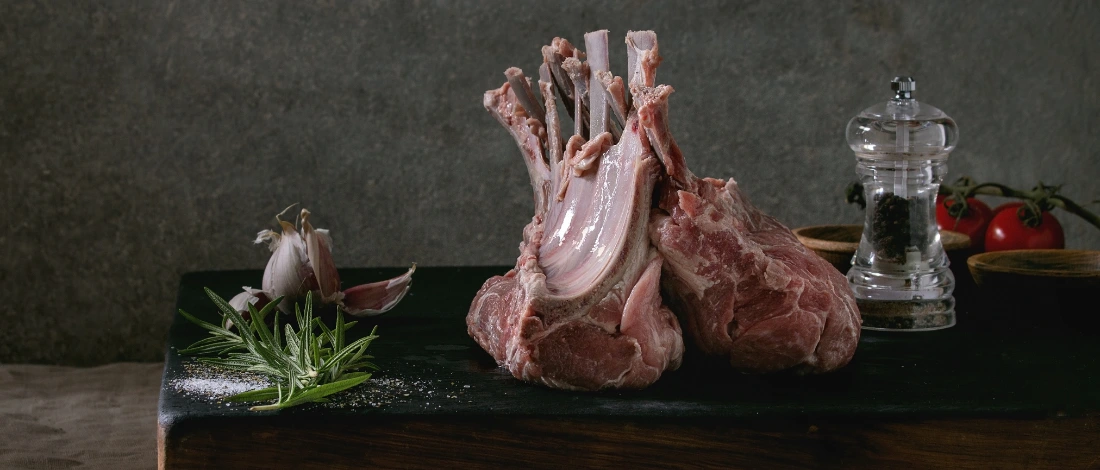Morocco Tightens Rules on Imported Red Meat to Ensure Halal Standards and Public Health
In a move to tighten food safety measures, Morocco is implementing stricter controls on imported red meat, ensuring that all meat—whether fresh or frozen—meets both national and Islamic halal standards.
The new framework, spearheaded by the National Office for Food Safety (ONSSA), is designed to protect public health and maintain the high quality of imported products.
Rigorous Control and Halal Compliance
Morocco’s stringent measures focus on ensuring that imported red meat complies with both national health regulations and Islamic slaughter requirements.
This means that every batch of imported meat must meet the specific halal criteria before it can enter the country.
This process starts long before the meat arrives at Moroccan borders. Only countries that undergo an extensive risk assessment by ONSSA are granted the green light to export red meat to Morocco.
The assessment includes a thorough inspection of the exporting nation’s slaughterhouses, ensuring they operate under sanitary conditions.
It also evaluates the training and competency of veterinary inspectors to ensure that meat is slaughtered and processed according to international and halal standards.
Approved Countries for Meat Exports to Morocco
Morocco has established a list of countries permitted to export red meat, following the successful completion of ONSSA’s risk assessment.
These include major meat-producing nations such as the United States, Australia, and various EU member states for goat and sheep meat.
Additionally, beef imports are allowed from Brazil, Paraguay, and Ukraine, provided they adhere to Morocco’s strict safety and halal requirements.
This approach reflects Morocco’s commitment to safeguarding both consumer health and religious dietary needs, ensuring that the country’s meat supply remains both safe and in line with cultural practices.
Want to learn more about the growing importance of halal meat standards? Visit our homepage for more information on halal certification and international meat regulations.






